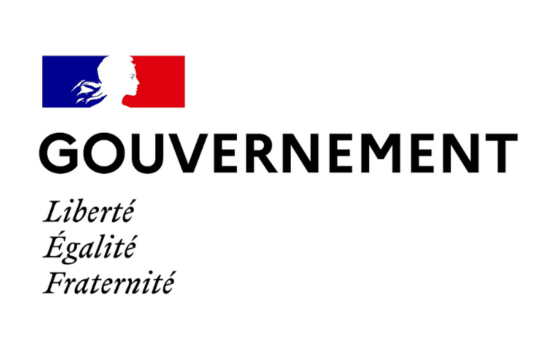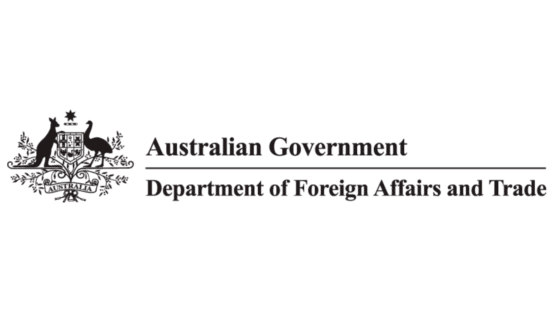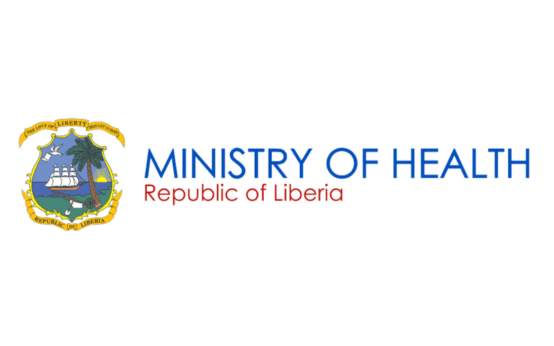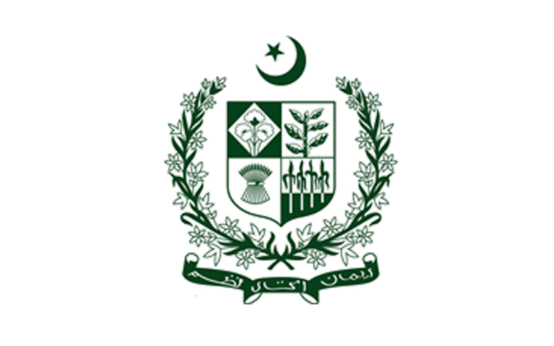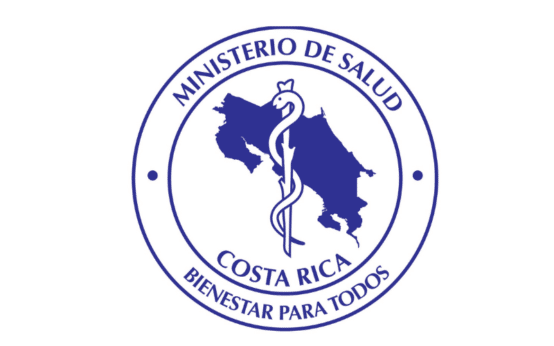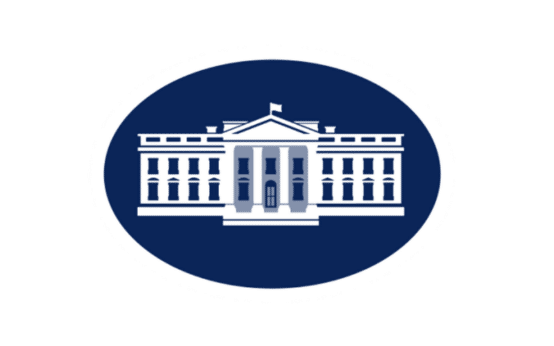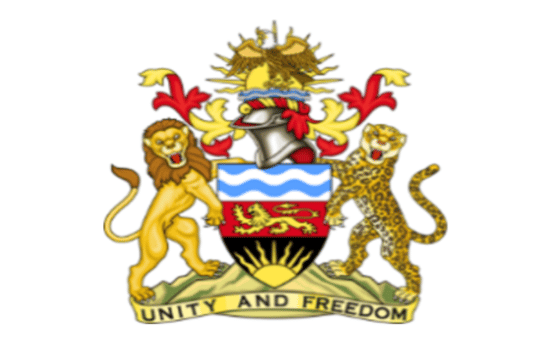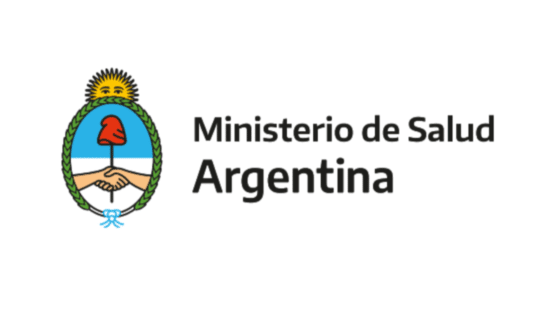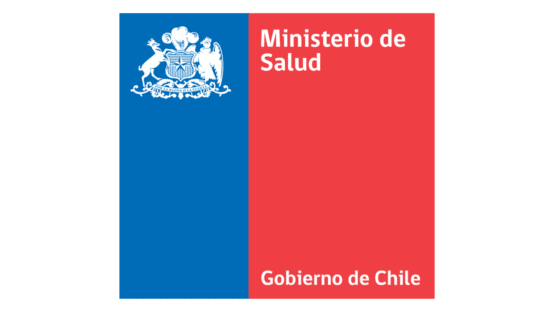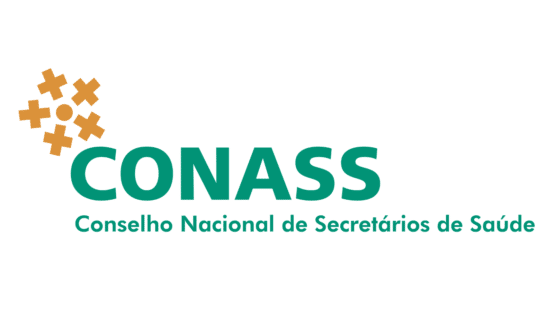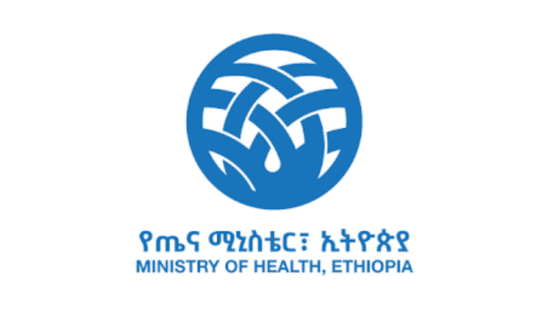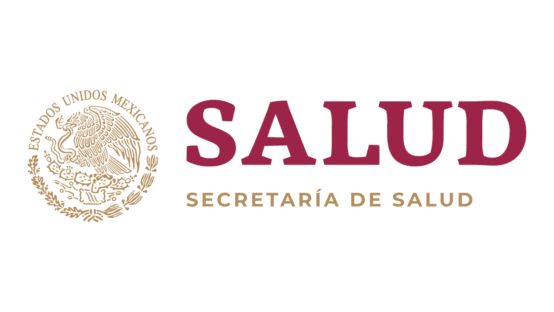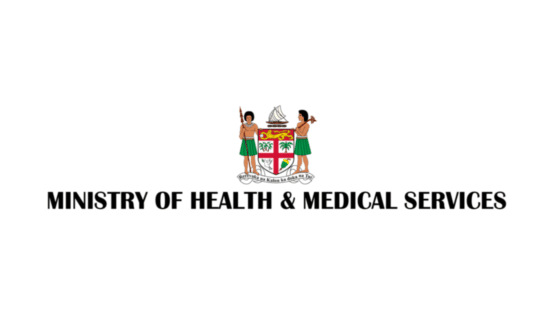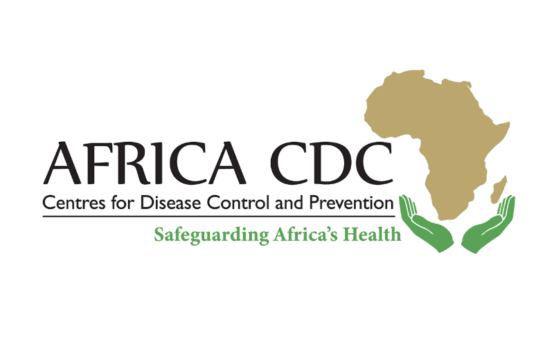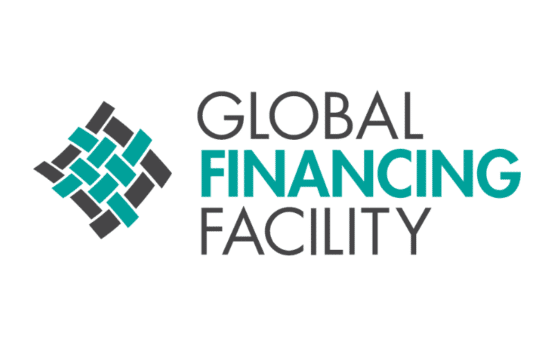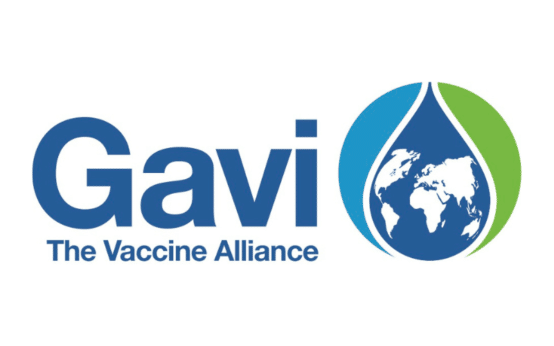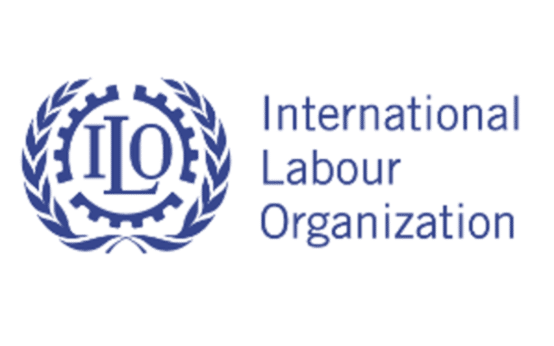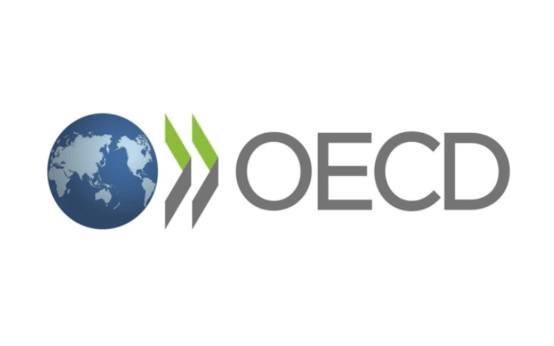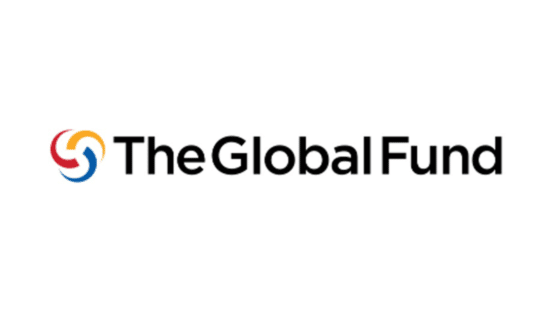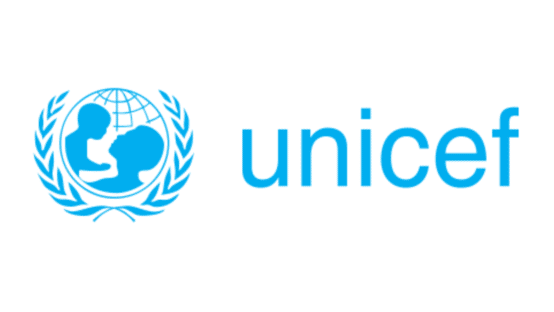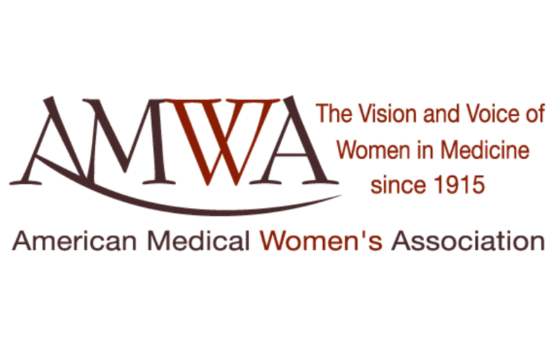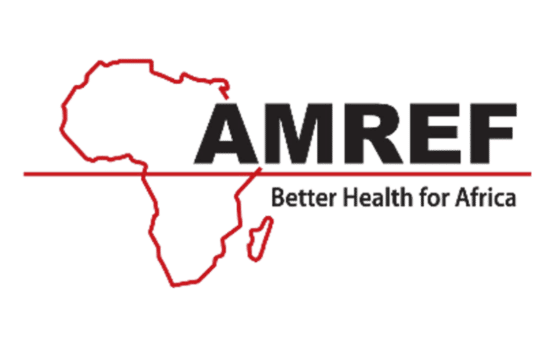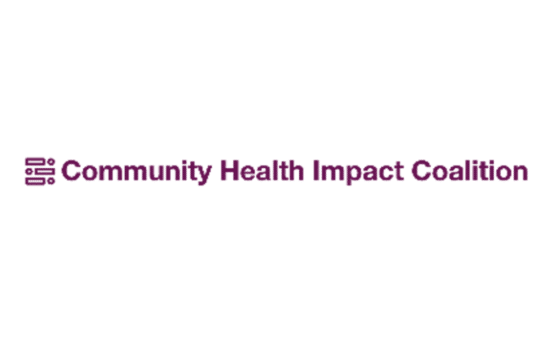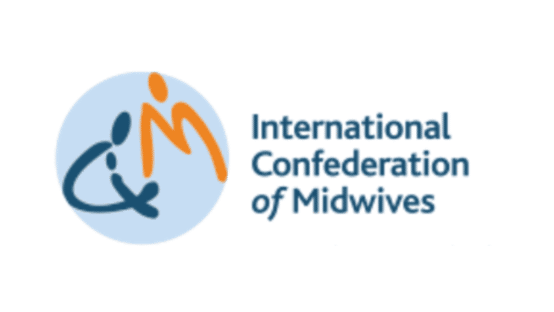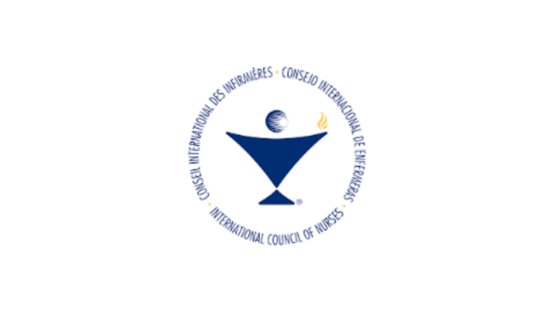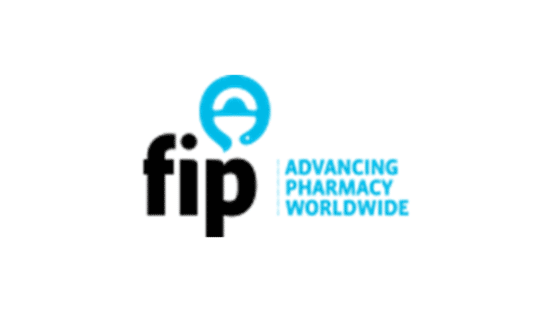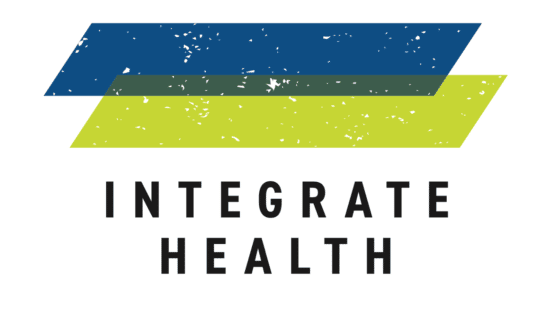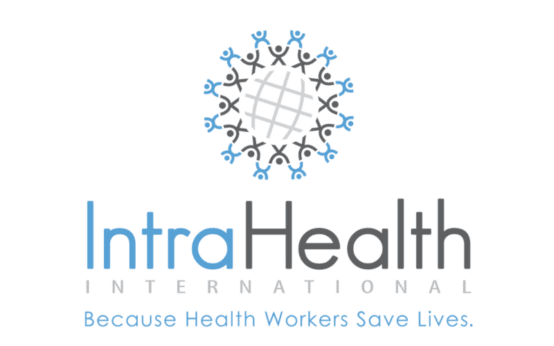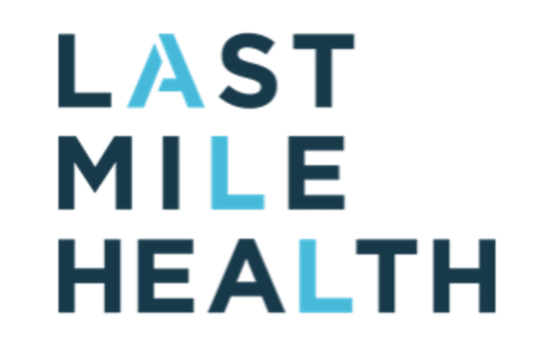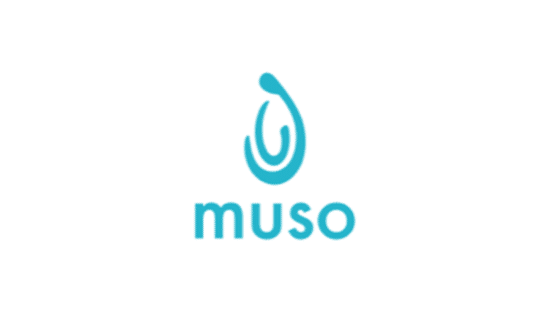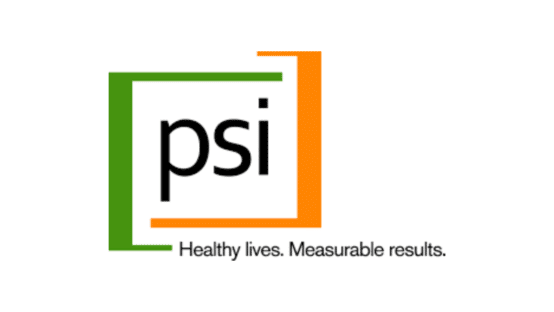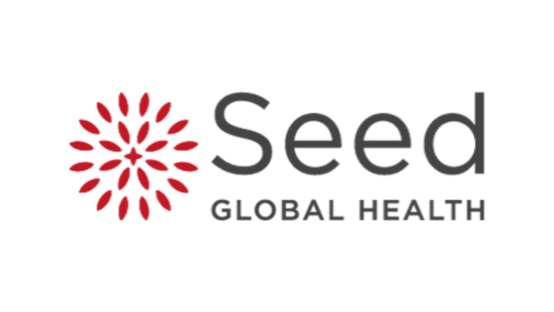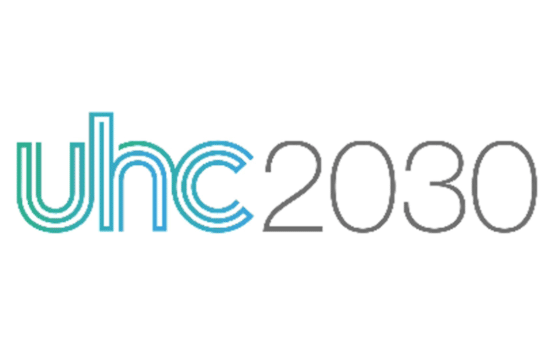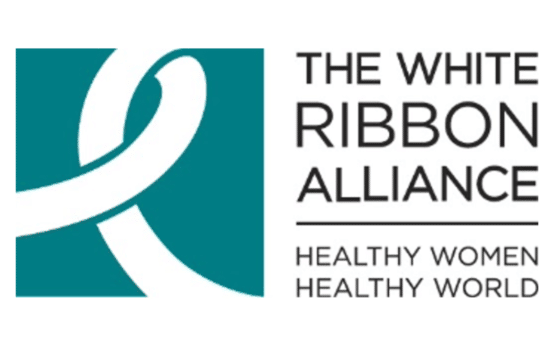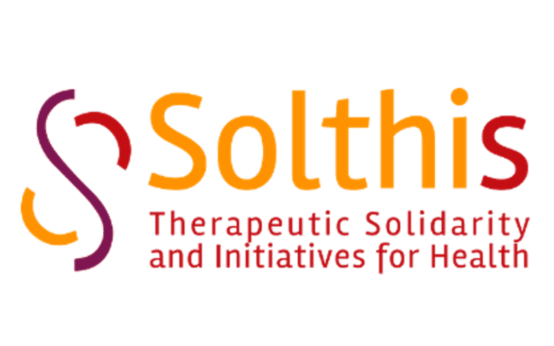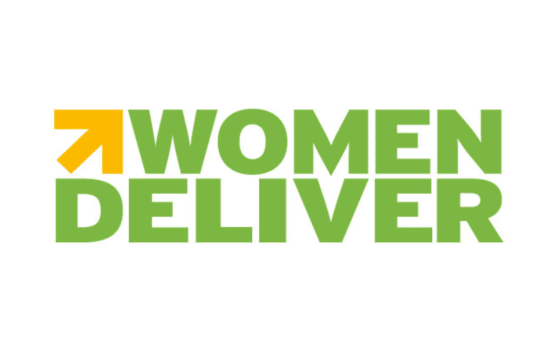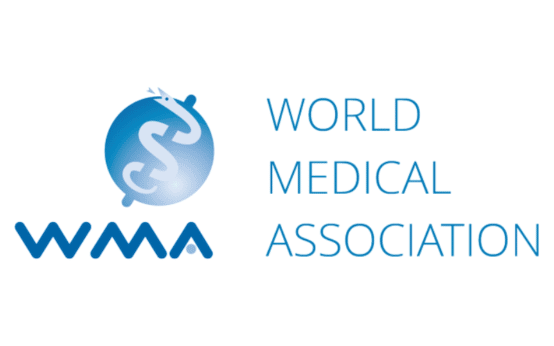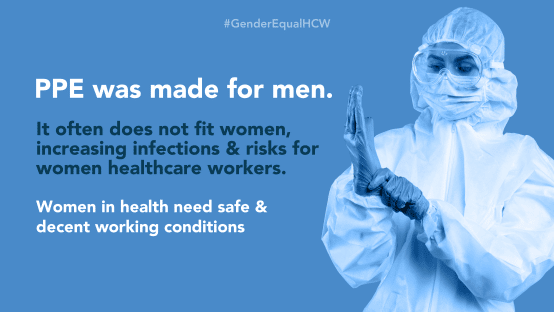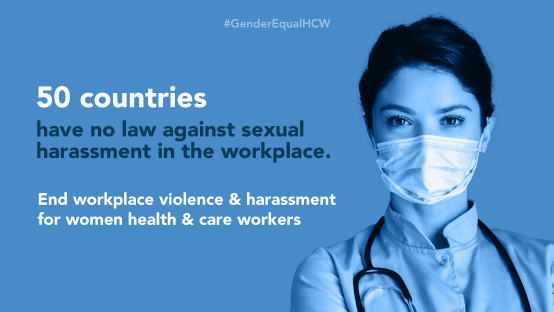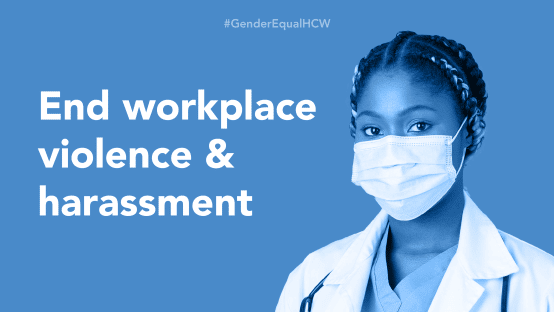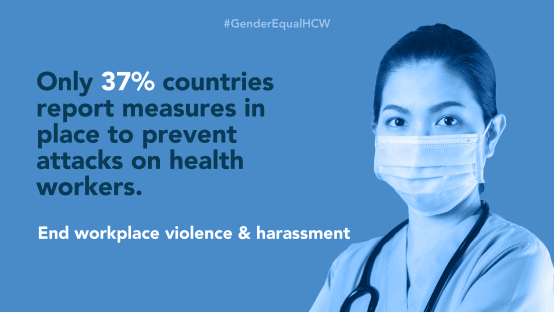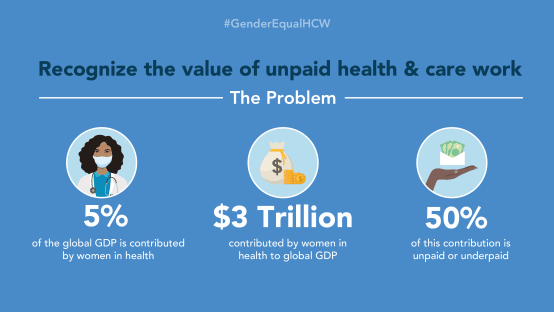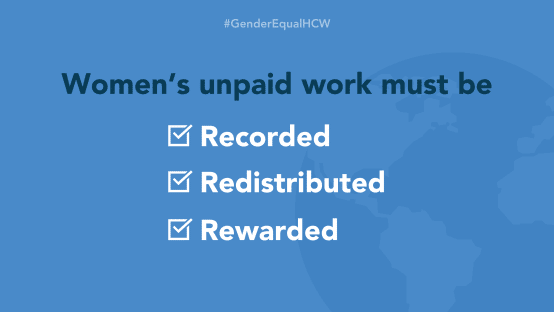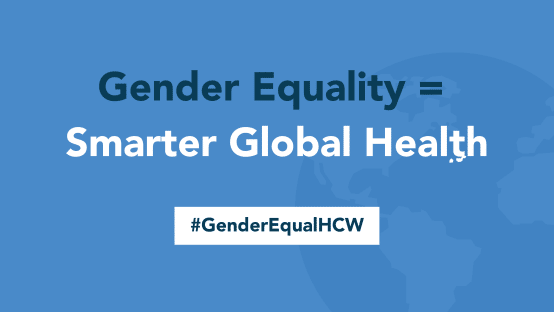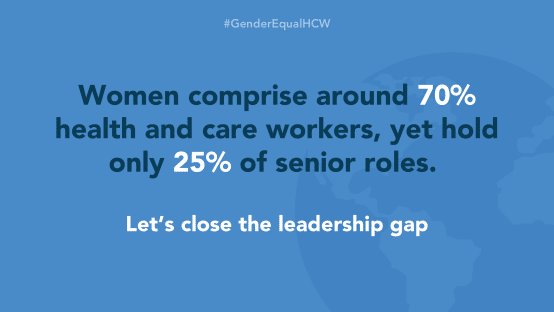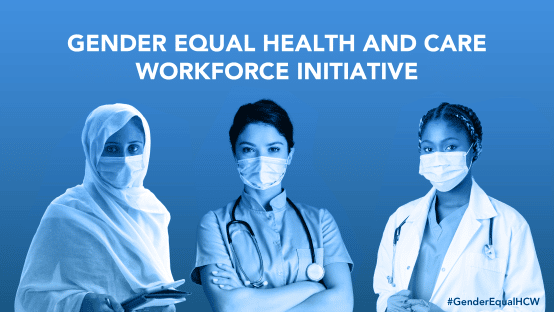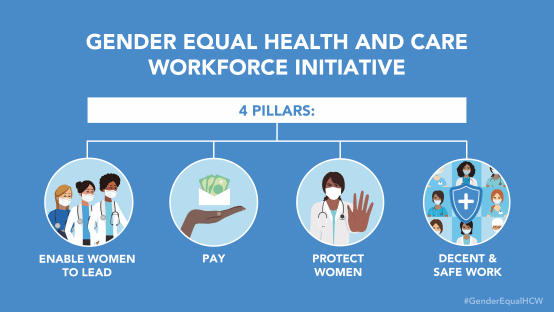Gender Equal Health and Care workforce Initiative
The COVID-19 pandemic has highlighted the importance of health workers to strong health systems and global health security. It has also highlighted the critical role of women in delivering health services, since women hold 70% of health worker jobs globally, and are 90% of nurses. The pandemic has exposed deep inequalities – including gender inequalities – that undermine health systems, including gender inequality within the health workforce.
The Gender Equal Health and Care Workforce Initiative (GEHCWI), launched in 2021, is led by the Government of France and the not-for-profit organization, Women in Global Health. The Initiative aims to increase visibility, dialogue, and commitment to action on gender equity in the health and care workforce. It aims to build a political community to inspire action on safe and decent work for women in health, end informal work, which is often unpaid and underpaid, promote equal opportunities and leadership in health, and end violence and harassment. Gender equity in the health and care sector builds a strong foundation for health systems, universal health coverage (UHC) and global health security.
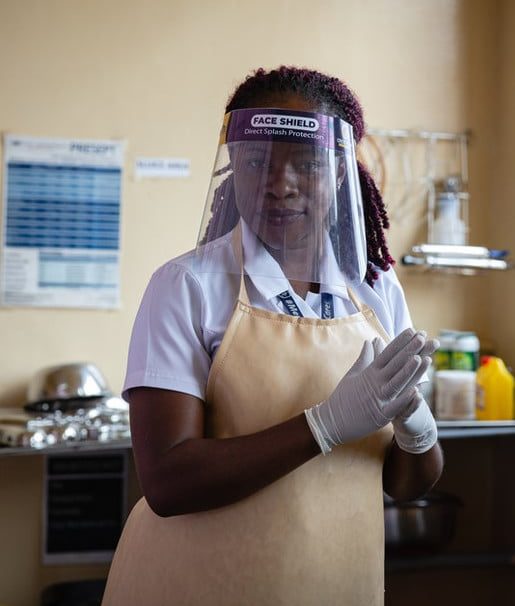
The four pillars of the Gender Equal Health and Care Workforce Initiative
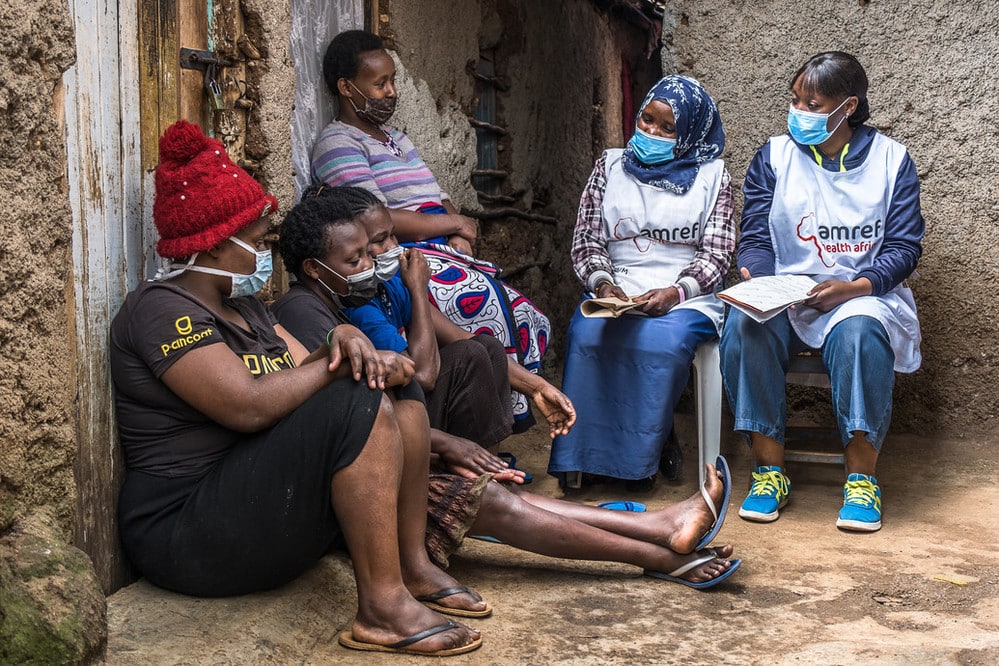
Increase the Proportion of Women in Health & Care Leadership Roles
Women deliver health and care, but men lead it. Although women comprise almost 70% of the global health workforce, participation in the decision-making process and access to power has remained a pervasive challenge. In health women hold only an estimated 25% of senior roles.Health systems and health security will be stronger when the women who deliver health and care have an equal say in the design of national health plans, policies and systems. Therefore, we need to adopt gender transformative policies that challenge the causes of the gender leadership gap in the health and care workforce. Policies need to address the underlying inequities in the system and work environment to create decent work conditions where women thrive and achieve their full leadership potential.Policy solutions to date have typically focused on how to fit women into organizations, systems, and work cultures designed for men. We now need policies that focus on changing systems, not women.
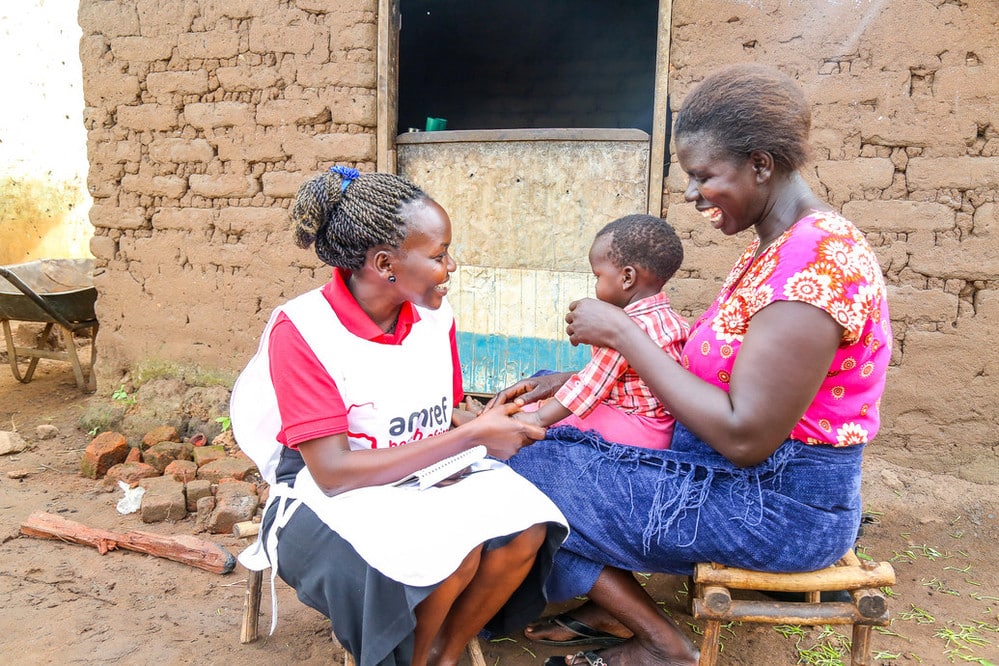
Recognize the value of unpaid health & care work
Global health rests on the foundation of women’s unpaid work. It is estimated that women in health contribute 5% to global GDP (US$3 Trillion); of which almost 50% is unrecognized and unpaid. Some of the world’s poorest women and girls are effectively subsidizing health systems and are missing out on opportunities to enter education and the formal labor market. Occupational segregation by gender is pervasive in health and care, where women are clustered into lower status and lower paid roles and men occupy the majority of senior positions. This drives the gender pay gap. Women’s unpaid work needs to be recorded, redistributed (within the family and community) and rewarded.
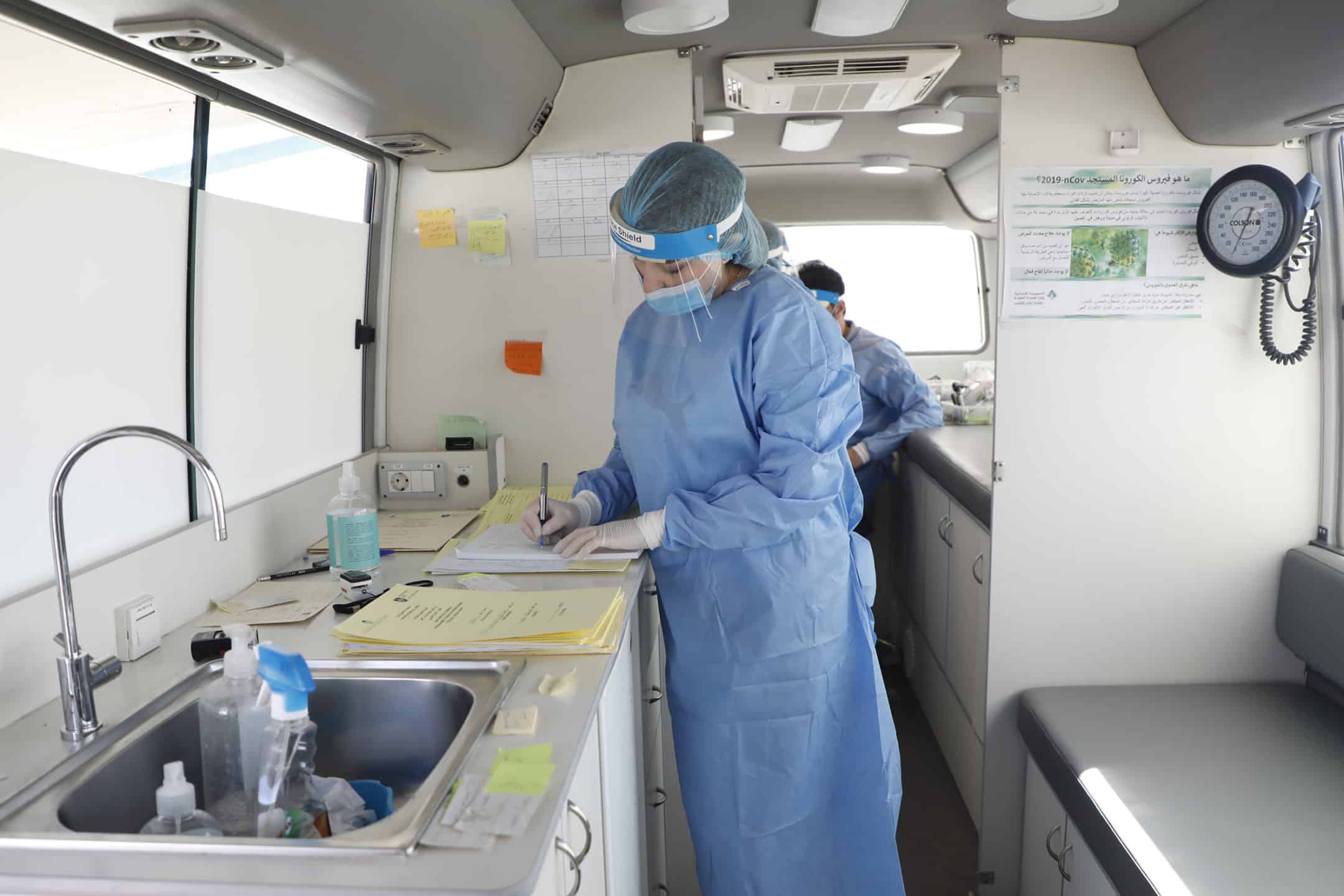
Protect women health workers from harassment & violence in the workplace
Health workers are vulnerable to violence and every year, tragically, health workers lose their lives as a result of attacks. Only 37% countries report measures in place to prevent attacks on health workers. Sexual harassment at work is reported to be a major problem for women health and social care workers but rarely recorded or sanctioned. Studies have shown that sexual harassment reduces productivity, creates higher turnover and absenteeism and impacts patient care. Currently, 50 countries have no law against sexual harassment in the workplace. International Labor Organization (ILO) Convention No. 190 it came into effect in June 2021 and will be significant in encouraging governments to address violence and sexual harassment of all workers, including in the health and social care sectors. ILO Convention 190 focuses on workplace violence and harassment, including sexual harassment, commonly experienced by women health and care workers, particularly in remote and conflict affected settings.
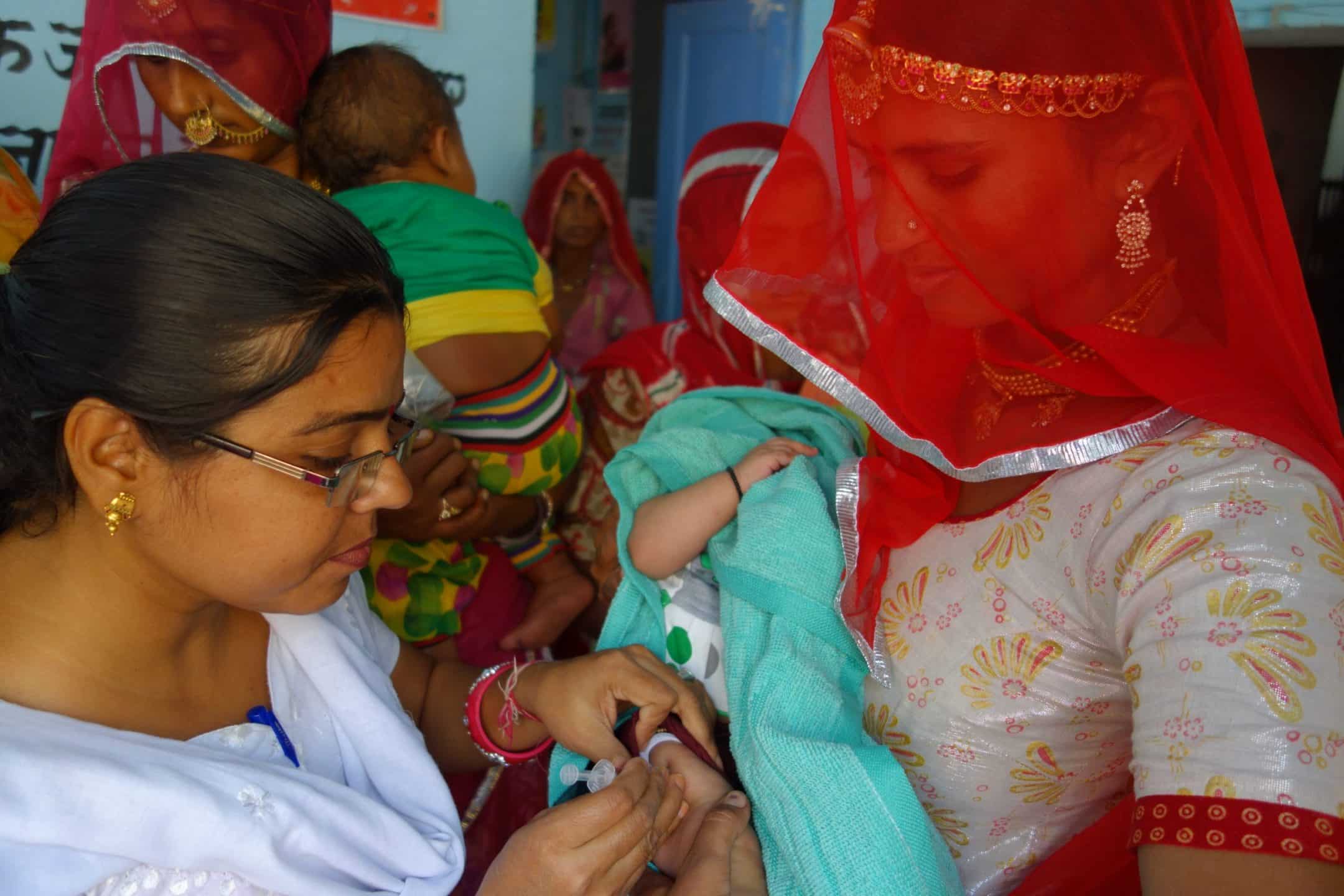
Ensure safe and decent working conditions for all health workers, everywhere
Women health workers are at the forefront in raising community awareness, identifying cases and tracing contacts, but their low status within health systems and frequent exclusion from the formal labor market has put their own health and the pandemic response at risk. Women, often the first point of contact in patient care, have had high COVID-19 infection rates. Globally, 1.2 million health workers were infected with COVID-19 by January 2021. Additionally, women have been exposed to greater risk of infection because Personal Protective Equipment (PPE) was modelled on male bodies and biology and therefore not a good fit for women. This is likely to increase infections and risk for women healthcare workers. In the US, 73% of the COVID-19 infected health workers were female (77% in Spain, 73% in Germany, & 64% in the Dominican Republic).
Women deserve safe and decent working conditions – protect them so they can protect us.
Since its launch in 2021, it has garnered commitments for gender equality in the healthcare workforce, convened the global health community, gained political momentum, and received 30+ expressions of support and commitment.
Commitments Under The Initiative
Countries
International Organizations
NGOs
Learn more about the initiative
Join us to call for a new social contract for women in health

